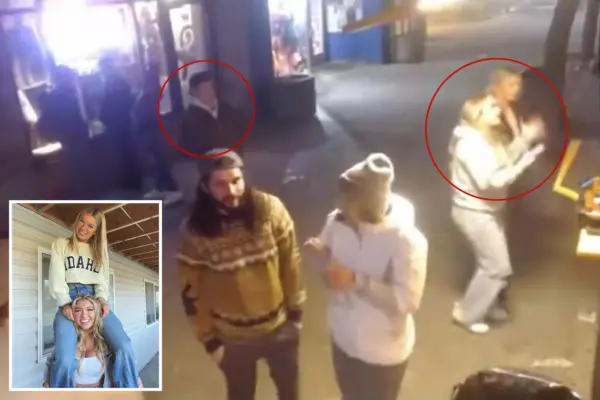The Menendez Brothers: Legacy and Impact on American Crime

Introduction
The case of the Menendez brothers, Erik and Lyle, remains one of the most sensational murder trials in American history. Charged with the brutal killing of their affluent parents, the case captivated the nation in the 1990s, sparking intense debate about family dynamics, abuse, and the legal system. As new information continues to emerge, the relevance of the Menendez brothers’ story remains profound, prompting discussions on the psychological implications of familial relationships and the ethics of media coverage.
The Murders and Trial
In 1989, Lyle and Erik Menendez murdered their parents, Jose and Mary Louise, in their opulent Beverly Hills home. The brothers initially portrayed their actions as a response to years of alleged physical and sexual abuse. The case gained national attention, not only for the brutality of the crime but also for its shockingly improbable narrative of family dysfunction.
The trial began in 1993 and saw extensive media coverage. Lyle and Erik’s assertion of having been victims of long-term abuse sparked a significant discussion about how abuse can manifest within families. However, the prosecution argued they killed their parents for financial gain as Jose Menendez had a substantial wealth. In 1994, the jury deadlocked, but a retrial the following year ended with both brothers being convicted for first-degree murder and sentenced to life in prison without the possibility of parole.
Impact on Society and Media
The Menendez brothers’ case highlighted various issues within the legal and social framework surrounding domestic abuse. It revealed a societal conflict regarding the disbelief of male victims of familial abuse, and subsequent media coverage influenced public perception. Numerous documentaries, dramatizations, and books have been published about the trial, showcasing the intense interest surrounding the topic. The case also led to discussions about mental health and the implications of untreated trauma, reshaping how society views violent crime in contexts of familial relationships.
Conclusion
As the Menendez brothers continue to serve their life sentences, the legacy of their case resonates within American culture. Public perception has shifted, leading to a deeper understanding of the complexities surrounding domestic abuse. There are ongoing debates about their guilt and the moral implications of their actions in light of alleged abuse, making it a crucial reference point in discussions about crime, family dynamics, and justice. The Menendez case will likely continue to provoke thought and discussion in both legal and psychological domains for years to come.
You may also like

Latest Updates on the Idaho Murders Case

The Infamous Louvre Robbers and Their Audacious Heist
